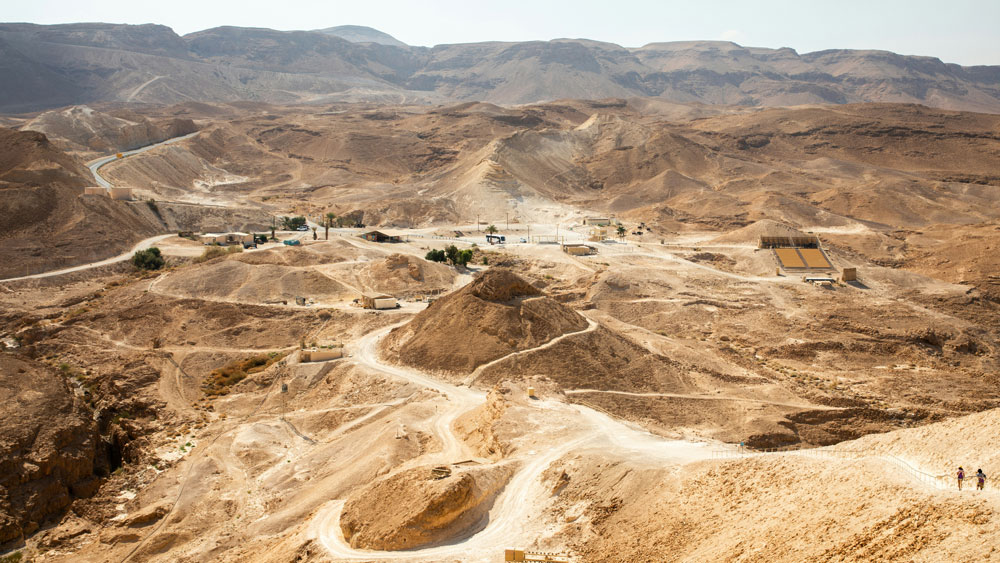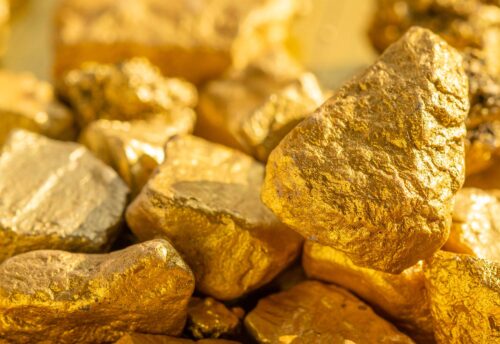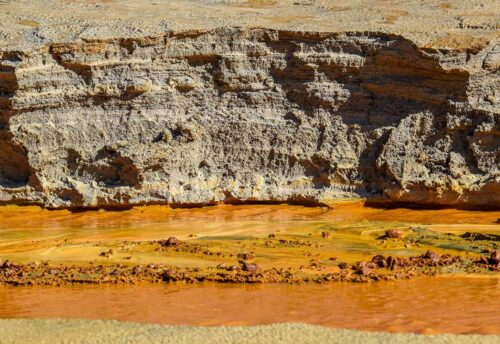
Ethical gold vs. eco gold: what’s the difference?

As the demand for sustainable and ethical products grows across the world, the gold industry is adapting to the times. In an effort to appeal to eco-minded consumers, terms such as ‘eco gold’ and ‘ethical gold’ have emerged, each with its own set of standards and principles. But whilst they may at first seem like two terms for the same idea, these two concepts focus instead on either side of the same coin.
For those who care about the impact of their gold, either for jewellery or as an investment, understanding the differences between eco and ethical gold can help you make informed choices and avoid inadvertently supporting unethical or unsustainable mining practices.
Ethical gold – supporting the people
Ethical gold refers to gold that has been sourced in a manner that prioritises ethical labour practices and the social wellbeing of the communities surrounding the mine. There are a number of ethical gold certification schemes, which all require similar criteria to be met:
- Fair labour: Fairtrade practices should apply at every stage of the production process of ethical gold. This means that the ways in which it is mined, refined and processed should be fair and have a positive impact on the workers. Ethical gold programmes look to improve working conditions for miners, ensure fair wages are paid and do not allow any child labour.
- Community support: Ethically sourced gold projects support the wellbeing of the local communities surrounding the mines, and seek to empower them by improving their living conditions. They often use the profit of the mine to provide improved healthcare, offer fair job opportunities and fund schooling in the area.
- Transparency: Maintaining transparency throughout the supply chain allows companies to be held accountable for their production practices, and reassures eco-conscious buyers that the gold hasn’t come at the detriment of others. This is essential for the buying and selling of ethically sourced gold, as it proves its worth from mine to market.
- Environmental initiatives: While environmental concerns are not the primary focus of ethical gold programmes, they often incorporate elements of sustainability in order to minimise the health impacts of mining activities. They will champion responsible waste management and reforestation efforts to ensure the longevity and wellbeing of the communities surrounding the mine.

Eco gold – supporting the planet
On the other hand, eco gold refers to gold that has been mined and processed with minimal environmental impact. Unlike ethical gold, it doesn’t have to incorporate social or labour considerations, as it focuses primarily on sustainability and protection of the natural landscape. Especially when investing in gold, it’s important to check that the mine and production line you’re supporting are following responsible mining practices. These might include:
- Low environmental impact: Eco gold prioritises the planet and environment in its mining practices, and looks to minimise habitat destruction, depletion and degradation of natural resources, as well as general pollution.
- Low carbon footprint: Producers of eco gold pride themselves on their low carbon footprint, and will use renewable energy sources to improve the sustainability of their mining and refining processes. They may also look to implement more environmentally friendly transportation methods, and work to offset any carbon emissions released from gold production.
- Recycling and transparency: Similarly to ethical gold, eco gold should be traceable back to the source. Eco gold initiatives also often advocate for recycling gold and other precious metals, to create new products with gold that already exists in the supply chain – reducing the demand for newly mined resources.
While both ethical and eco gold share a commitment to protecting both people and the planet, they differ in their primary focuses. However you look to enjoy gold, by supporting either cause you can help to promote sustainable and fair gold production throughout the world.



